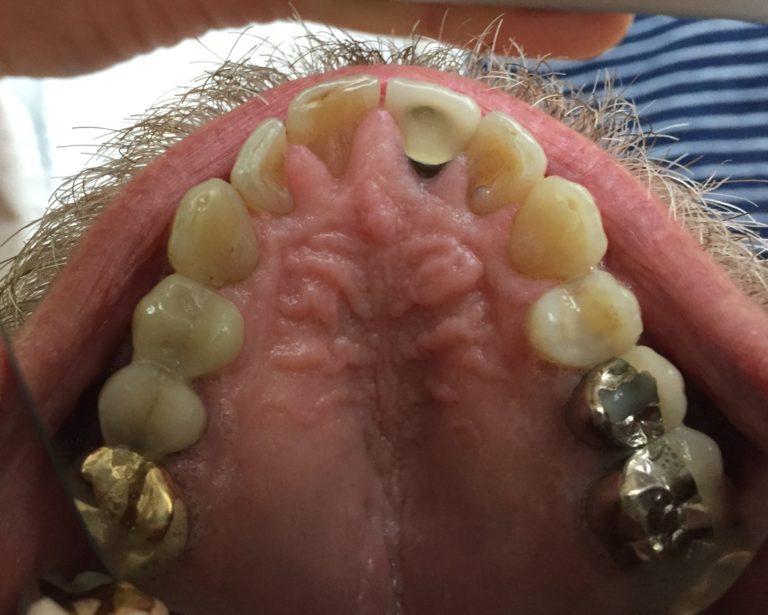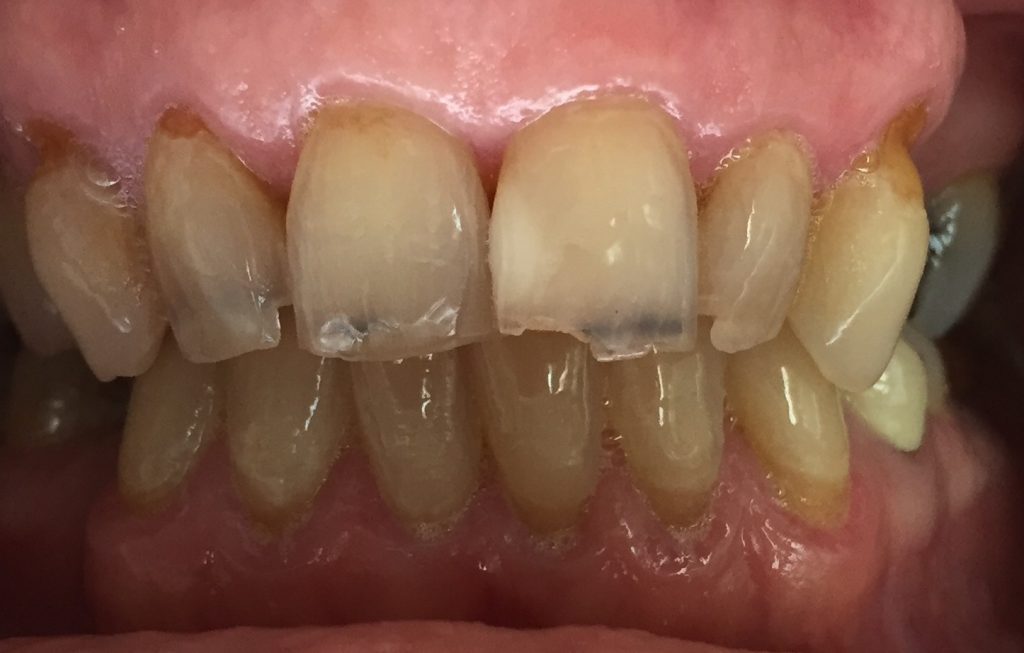Blood Pressure Medication and Oral Health

Let’s explore a common issue some patients face: gum overgrowth. This often happens to individuals taking a specific type of blood pressure medication known as calcium channel blockers. Surprisingly, these medicines, while helpful for controlling blood pressure, can lead to an increase in gum size. This condition doesn’t always hurt but requires careful attention to oral hygiene and regular dental visits to manage effectively.
Gum overgrowth means the gums can expand and sometimes cover parts of the teeth. This occurs because the medication affects the way gum tissues react, making them grow more than usual. It’s important for anyone experiencing this to maintain excellent oral cleanliness and have their teeth checked and cleaned by a dentist more frequently.
Moreover, it’s crucial to keep an eye on any cavities or dental work that might not be in perfect shape. The expanded gum tissue has a tendency to fill in gaps around teeth and dental restorations, which could lead to further dental issues. In some instances, if the overgrowth is significant, a dentist might suggest minor surgery to remove the excess gum tissue or discuss alternative treatments with your doctor that might not affect your gums as much.
For example, John (name changed for privacy) noticed his gums seemed to be creeping over his front teeth, a space where he naturally had gaps. This change didn’t cause him pain, but it was noticeable. After discussing it with his dentist, John learned it was a side effect of his new blood pressure medication. Together, they developed a plan that included more frequent dental cleanings and a consultation with his doctor to evaluate his medication options.
Maintaining a dialogue with your dental care provider is essential if you’re on medications that might impact your oral health. Regular check-ups allow for early detection and management of such side effects, ensuring your smile stays healthy and bright.
What Do You Do About Chipped Teeth?

Have you ever noticed your teeth chipping more than they should? It’s a sign that something might be off, as our teeth are designed to be quite durable. One common culprit behind this could be nighttime teeth grinding or munching on hard items like ice—habits that can put extra stress on your teeth.
Take the story of a patient who came to us with her front teeth constantly chipping. Upon examination, we discovered she had cavities at the edges of her front teeth. These cavities had slowly weakened the tooth enamel, making her teeth more prone to chipping even with a little pressure. Interestingly, she felt no pain from these cavities, which isn’t uncommon. Cavities don’t always hurt, but they can cause significant damage if left unchecked.
A telltale sign of this issue was the dark staining along her incisors, a clear indicator of decay. It’s a reminder that if you notice anything unusual with your teeth or if they don’t feel quite right, it’s time to see your dentist. Catching dental problems early is key. Small issues can usually be fixed easily and at a lower cost, preventing more serious damage down the road.
Remember, keeping an eye on your dental health and addressing issues early can save you from bigger problems. Regular check-ups are essential for maintaining strong and healthy teeth.

